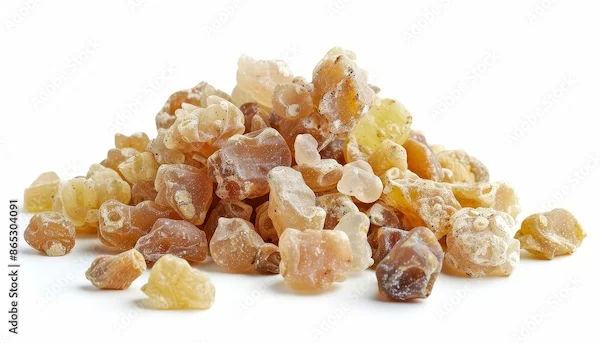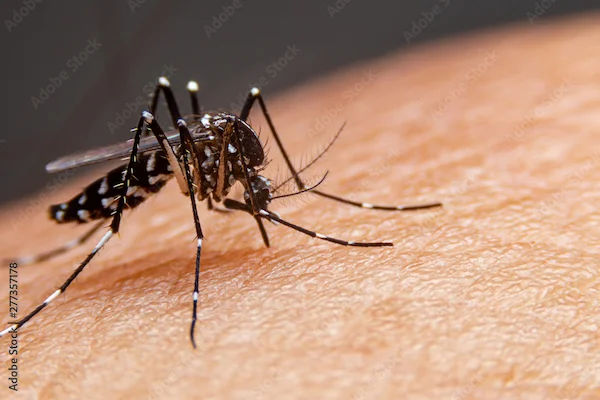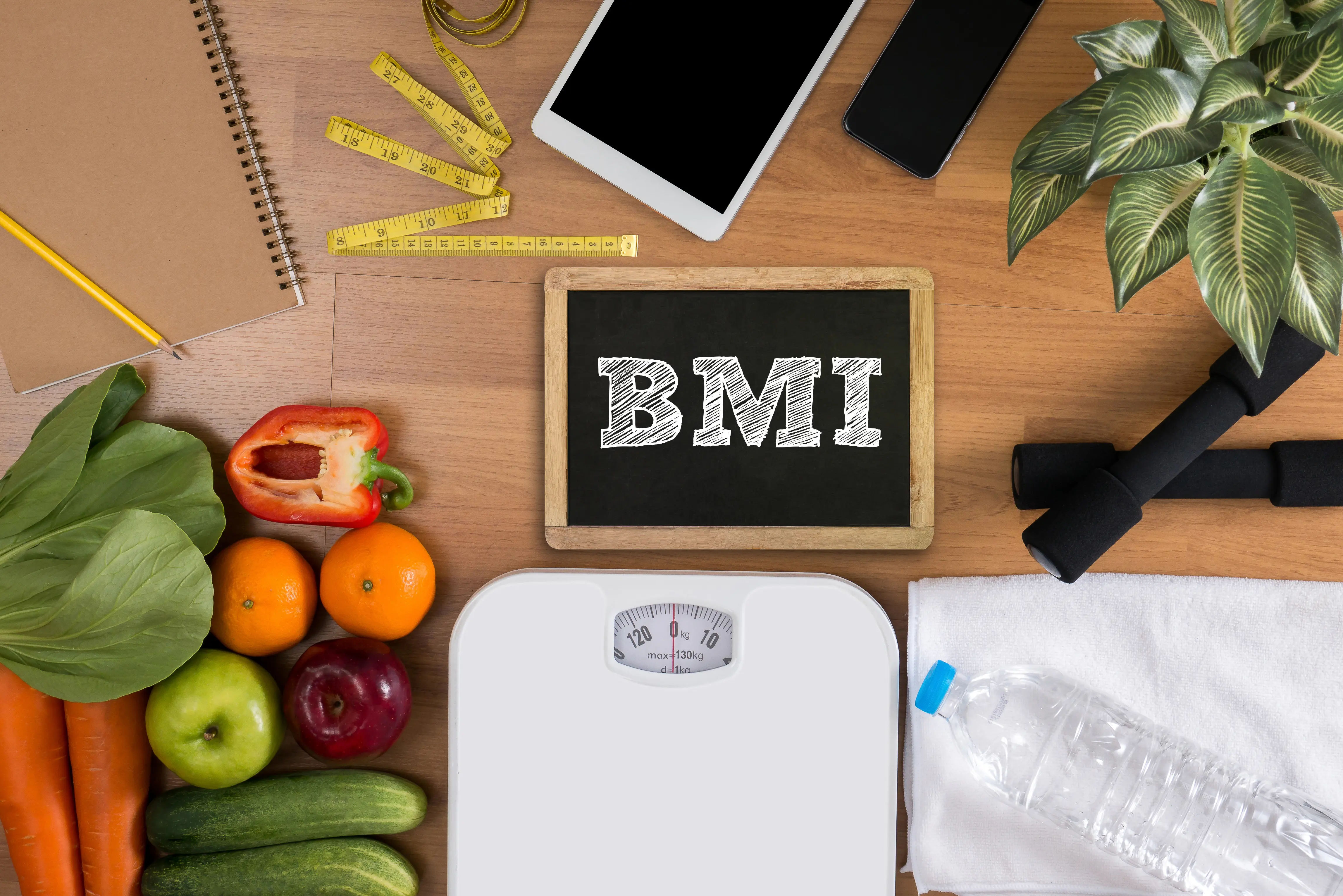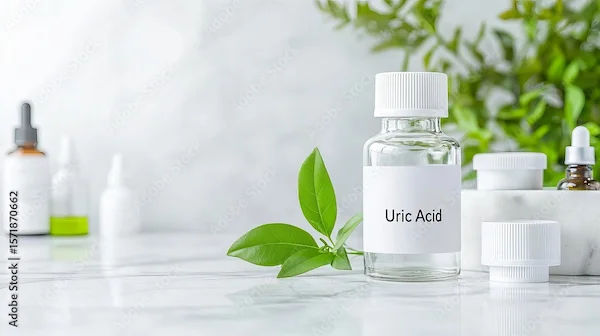Understanding the Conclusion of Conjunctivitis
Learn how conjunctivitis resolves, including signs that the infection is clearing, typical recovery time, and how to prevent recurrence. Understand when it’s safe to return to normal activities and when to consult a doctor if symptoms persist.

Written by Dr. Siri Nallapu
Reviewed by Dr. Rohinipriyanka Pondugula MBBS
Last updated on 22nd Aug, 2025

Introduction
Conjunctivitis, commonly known as "pink eye," is an eye condition that many people experience at least once in their lifetime. While it can be uncomfortable and sometimes alarming, the good news is that most cases resolve on their own or with simple treatments. If you or a loved one has been dealing with conjunctivitis, you might wonder how it ends? What happens when it finally goes away? Let’s break it down in simple terms so you know what to expect.
What Happens When Conjunctivitis Resolves?
Conjunctivitis can be caused by viruses, bacteria, allergies, or irritants like smoke or chlorine. Depending on the cause, the recovery process varies:
1. Viral Conjunctivitis
- Duration: Typically lasts 7–14 days.
- Recovery Signs: Redness, watering, and irritation gradually decrease.
- No Specific Treatment Needed: Like a common cold, it resolves on its own. Cold compresses and artificial tears can help ease discomfort.
2. Bacterial Conjunctivitis
- Duration: Improves within 2–5 days of starting antibiotic eye drops.
- Recovery Signs: Yellow or green discharge reduces, and redness fades.
- Important: Finish the full course of antibiotics even if symptoms improve early.
3. Allergic Conjunctivitis
- Duration: Subsides once the allergen like pollen or dust is removed or treated with antihistamines.
- Recovery Signs: Itching and swelling decrease.
4. Irritant-Induced Conjunctivitis
- Duration: Clears up quickly within 24 to 48 hours once the irritant is washed away.
Consult a Top Eye Specialist for the best advice
How Do You Know It’s Really Over?
You can consider conjunctivitis resolved when:
- Redness fades (eyes return to their normal color).
- Discharge stops (no more crusting or stickiness).
- Itching, burning, or irritation disappears.
- Vision is clear (no blurriness caused by excessive discharge).
Tips for a Smooth Recovery
Helpful tips to ease discomfort, speed up healing, and prevent the spread of conjunctivitis during recovery include:
1. Maintain Hygiene
- Wash hands frequently.
- Avoid touching or rubbing your eyes.
- Use clean towels and change pillowcases often.
2. Avoid Contagion (if infectious)
- Viral and bacterial conjunctivitis are contagious.
- Stay home until symptoms improve (especially for kids).
- Avoid sharing makeup, towels, or contact lenses.
3. Use Prescribed Medications Properly
- Follow the doctor’s instructions for eye drops/ointments.
- Don’t stop treatment early, even if you feel better.
4. Soothe Discomfort
- Apply a clean, cool compress to reduce swelling.
- Use preservative-free artificial tears for dryness.
When to See a Doctor Again
Most cases of conjunctivitis resolve without complications, but consult a doctor if:
- Symptoms worsen or last longer than expected.
- Vision becomes blurry or sensitive to light.
- Severe pain or swelling develops.
- There’s a thick, pus-like discharge (possible bacterial infection).
Preventing Future Episodes
Simple habits and hygiene practices to help you avoid future outbreaks of conjunctivitis and keep your eyes healthy include:
- For allergies: Identify triggers and use antihistamine eye drops.
- For infections: Practice good hygiene, especially during flu season.
- For irritants: Wear protective eyewear when swimming or exposed to chemicals.
Final Thought
Conjunctivitis may be uncomfortable, but it usually ends without long-term issues. With proper care and patience, your eyes will soon be back to normal!
Consult a Top Eye Specialist for the best advice
Consult a Top Eye Specialist for the best advice
Dr. Padmini S
Ophthalmologist
4 Years • MBBS,MS
Bengaluru
Apollo Medical Center, Marathahalli, Bengaluru

Dr. Rajeev Gupta
Ophthalmologist
24 Years • MBBS, MS (Ophthalmology)
Ghaziabad
Om Eye & Gynae Centre, Ghaziabad

Dr. Smriti Nagpal
Ophthalmologist
13 Years • MBBS , MS (Ophthalmology)
New Delhi
Sunshine mediclinic, New Delhi

Dr. Vyankatesh Pharande
Ophthalmologist
25 Years • MBBS, MS (Ophthalmology )
Pune
PHARANDE EYE HOSPITAL & PHACO CENTER, Pune
Dr. Sumit Rastogi
Ophthalmologist
21 Years • MBBS,MS Opthamology
Kolkata
Trinity Clinic, Kolkata
Consult a Top Eye Specialist for the best advice
Dr. Padmini S
Ophthalmologist
4 Years • MBBS,MS
Bengaluru
Apollo Medical Center, Marathahalli, Bengaluru

Dr. Rajeev Gupta
Ophthalmologist
24 Years • MBBS, MS (Ophthalmology)
Ghaziabad
Om Eye & Gynae Centre, Ghaziabad

Dr. Smriti Nagpal
Ophthalmologist
13 Years • MBBS , MS (Ophthalmology)
New Delhi
Sunshine mediclinic, New Delhi

Dr. Vyankatesh Pharande
Ophthalmologist
25 Years • MBBS, MS (Ophthalmology )
Pune
PHARANDE EYE HOSPITAL & PHACO CENTER, Pune
Dr. Sumit Rastogi
Ophthalmologist
21 Years • MBBS,MS Opthamology
Kolkata
Trinity Clinic, Kolkata




